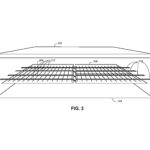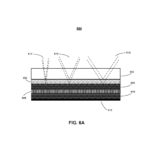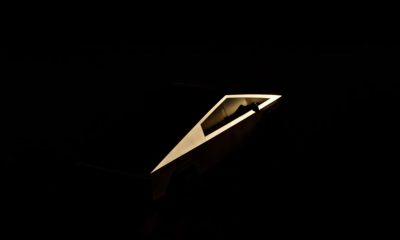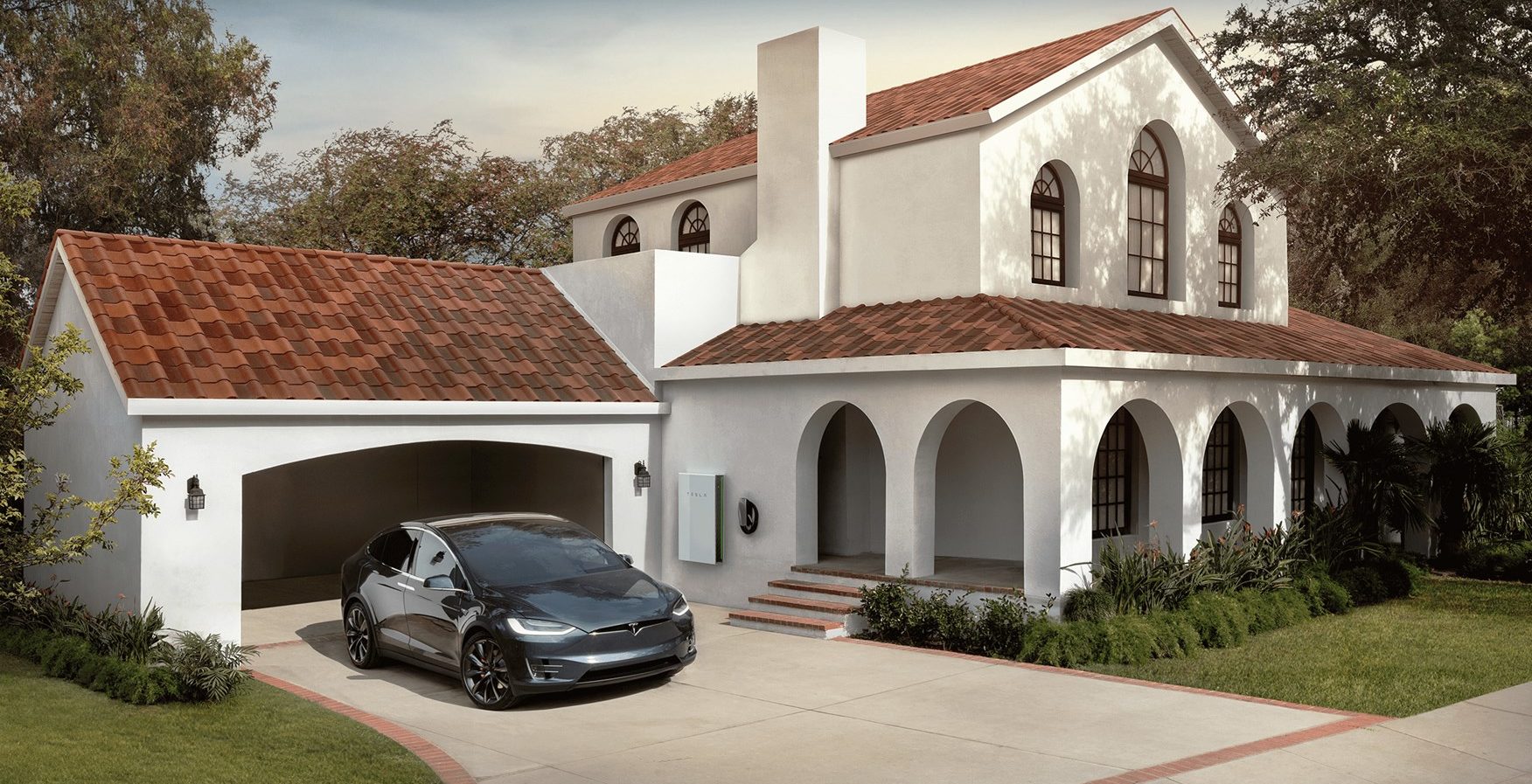

Energy
Tesla patent hints at stunning colored Solar Roof tiles with zero compromises
Elon Musk recently noted on Twitter that Tesla would be prioritizing the production of its Solar Roof tiles this coming 2019. These updates were announced not long after the company invited local media from Buffalo, NY to tour Gigafactory 2, the company’s facility which is producing the unique solar shingles. As Tesla continues to prepare for the ramp of the Solar Roof tiles next year, a recent patent has been published outlining a design that would allow the company to offer colored variants of the solar shingles without compromising any functionality.
Tesla’s recent patent, titled “Uniformly and Directionally Colored Photovoltaic Modules,” was published last Thursday. In the document’s background, Tesla noted that PV modules are usually blue, dark blue, or black because these are the natural color of solar cells. Considering that homeowners have preferences in their roofing material’s color, though, there is a need for the Solar Roof tiles to have varying shades and textures. There are currently several conventional ways to colorize PV modules, such the utilization of tinted glass and/or encapsulation sheets. That said, such systems are prone to absorbing large amounts of sunlight, which results in PV power loss. The appearance of standard colored PV modules also tends to degrade over time.
“Shading, or absorption of incident sunlight, causes PV power loss, a consequential problem of existing coloring techniques. In addition, colored PV modules manufactured with these techniques, and colored glass more generally, commonly suffer from: sparkle, or glint; flop, or angle-dependent color appearance; and graininess. Note that sparkle refers to glint or localized bright spots. Flop, on the other hand, usually refers to angle-dependent color, i.e. an angular dependence of the peak reflected wavelength. The term flop, or light-dark flop, can also refer to angle-dependent brightness, i.e. an angular dependence of total reflectivity.”
- An illustration of Tesla’s patent for its colored Solar Roof tiles. [Credit: US Patent Office]
- An illustration of Tesla’s patent for its colored Solar Roof tiles. [Credit: US Patent Office]
An illustration of Tesla’s patent for its colored Solar Roof tiles. [Credit: US Patent Office]
Tesla’s system for its colored Solar Roof tiles utilizes a rather clever system to avoid the drawbacks of conventional PV module coloration methods. Instead of using traditional solutions like tinted glass, Tesla’s design employs a texturized surface of a glass cover that has a color filter layer, as well as a “transparent material with a predetermined refractive index.” Following is Tesla’s description of its colored Solar Roof tiles’ design.
“Embodiments of the present invention can produce PV roof tiles with a uniform color with little light absorption. As a result, a high proportion of the incident light (of colors other than the module’s intended color) is transmitted to the PV cells. To facilitate uniform coloring of PV modules and roof tiles, the inside surface of a top glass cover can be texturized, and a transparent material with a predetermined refractive index or combination of refractive indices can be deposited on the texturized surface. Such a micro-textured or frosted glass cover can display significantly less sparkle, flop, and graininess than conventional glass covers, thus improving color uniformity and appearance. Customizable directional coloring, and intentionally controlled angle-dependent color, can provide further aesthetic options, while still performing efficiently for solar conversion. It is also possible to produce a layer of sphere-shaped metal nanoparticles on the inside surface of the glass cover.
“These nanoparticles can produce colors efficiently while absorbing little light. Another feature described herein is directional coloring of PV modules or roof tiles. The texturized surface of a glass cover can have a color filter layer covering one or more facets of the texture. This color filter can include multiple thin film layers formed using a directional thin film deposition technique, such as chemical or physical vapor deposition (CVD or PVD), e.g. sputtering. The coating layer can be deposited by coating the textured glass surface in one or more directions. Such directional coating can reduce unwanted light absorption by the color filter, while still providing a uniform color appearance to viewers at a certain viewing angle.”
Tesla opted to design the colored Solar Roof tiles with textured “micro-structured” glass, which feature surface roughness on the order of 100 nm to 10 μιη. This allows the colored Solar Roof tiles to display a uniform color with little light absorption and less sparkle, flop, and graininess than conventional colored glass. The colored shingles’ design also provides customizable directional and multi-directional coating, improving the aesthetics of the Solar Roof tiles themselves while still being optimized for solar conversion.
Following is a comparison of conventional colored PV modules (504 and 508) and Tesla’s coloration system (502 and 506), showing how the electric car maker’s micro-structured glass design addresses sparkle, or glare; flop, or angle-dependent coloring.
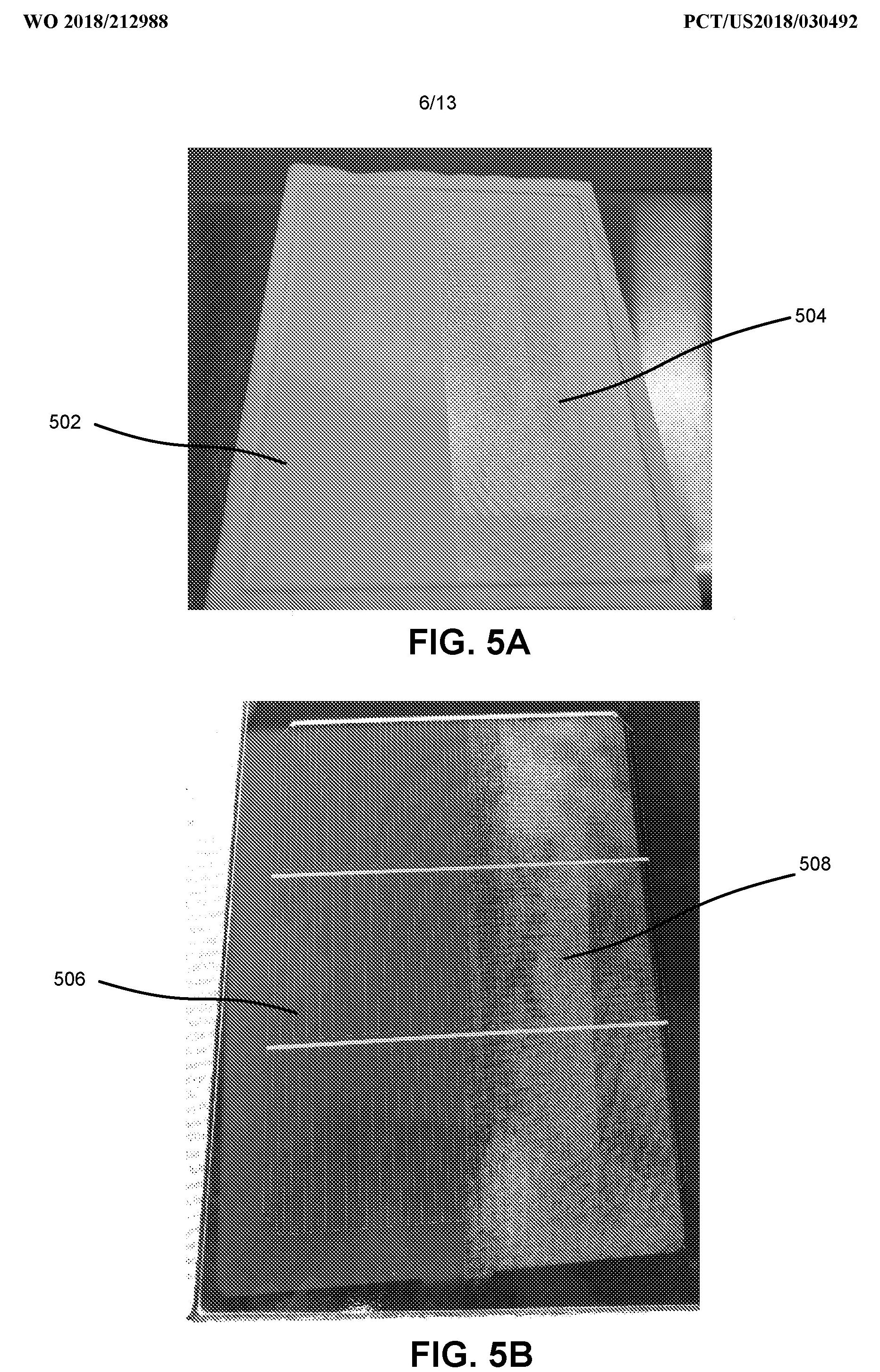
The Solar Roof tiles are Tesla’s flagship residential solar product. Designed to mimic the appearance of conventional roofing materials while offering all the advantages of solar panels, the Solar Roofs are an excellent way for homeowners to utilize a PV system without compromising the aesthetics of their home. The shingles were warmly received when they were unveiled back in 2016, though the production and installation of Solar Roof tiles are yet to ramp. Elon Musk explained the delay in the shingles’ production ramp during the third quarter earnings call.
“We’ll also start going into volume production of the solar tile roof next year. That’s quite a long development cycle for — because anything that’s roof has got to last 30 years. So even if you do accelerate life testing as fast as possible, there’s still a minimum amount of time required to do that. And there’s a lot of engineering that goes into how do you put on the solar tile roof with a — and not be really labor-intensive in doing so. So there’s a lot of engineering not just in the tile but in the way it’s done,” Musk said.
Back in July, Tesla CTO JB Straubel noted that the company is “aggressively” ramping its capacity to produce and deliver its residential solar products, stating that “No one should see us as stepping back from solar. In fact, it’s the opposite. It’s like with Model 3. People have come flooding in and are waiting on the product. So now we’re aggressively ramping our capacity.”
The full text of Tesla’s patent for its colored Solar Roof tiles could be accessed here.
Energy
Tesla Lathrop Megafactory celebrates massive Megapack battery milestone
The Tesla Megapack is the backbone of Tesla Energy’s battery deployments.
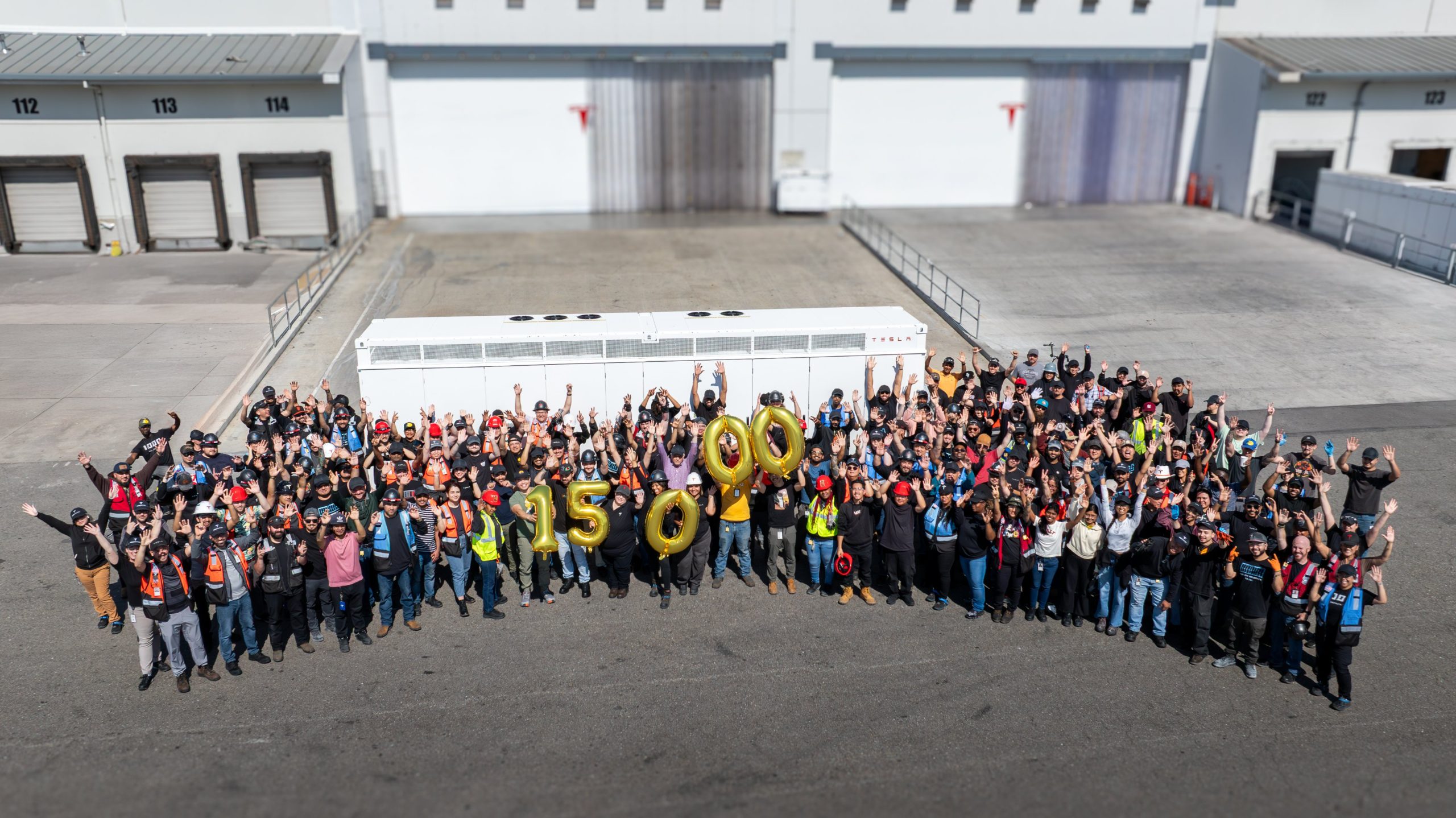
The Tesla Lathrop Megafactory recently achieved a new milestone. As per the official Tesla Megapack account on X, the Lathrop Megafactory has produced its 15,000th Megapack 2 XL battery.
15,000 Megapack Batteries
Tesla celebrated the milestone with a photo of the Lathrop Megafactory team posing with a freshly produced Megapack battery. To commemorate the event, the team held balloons that spelled out “15,000” as they posed for the photo.
The Tesla Megapack is the backbone of Tesla Energy’s battery deployments. Designed for grid-scale applications, each Megapack offers 3.9 MWh of energy and 1.9 MW of power. The battery is extremely scalable, making it perfect for massive energy storage projects.
More Megafactories
The Lathrop Megafactory is Tesla’s first dedicated facility for its flagship battery storage system. It currently stands as the largest utility-scale battery factory in North America. The facility is capable of producing 10,000 Megapack batteries every year, equal to 40 GWh of clean energy storage.
Thanks to the success of the Megapack, Tesla has expanded its energy business by building and launching the Shanghai Megafactory, which is also expected to produce 40 GWh of energy storage per year. The ramp of the Shanghai Megafactory is quite impressive, with Tesla noting in its Q1 2025 Update Letter that the Shanghai Megafactory managed to produce over 100 Megapack batteries in the first quarter alone.
Tesla Energy’s Potential
During the first quarter earnings call, CEO Elon Musk stated that the Megapack is extremely valuable to the energy industry.
“The Megapack enables utility companies to output far more total energy than would otherwise be the case… This is a massive unlock on total energy output of any given grid over the course of a year. And utility companies are beginning to realize this and are buying in our Megapacks at scale,” Musk said.
Energy
Tesla Megapacks powers the xAI Colossus supercomputer
Tesla Megapacks step in to stabilize xAI’s Colossus supercomputer, replacing natural gas turbines. Musk’s ventures keep intertwining.
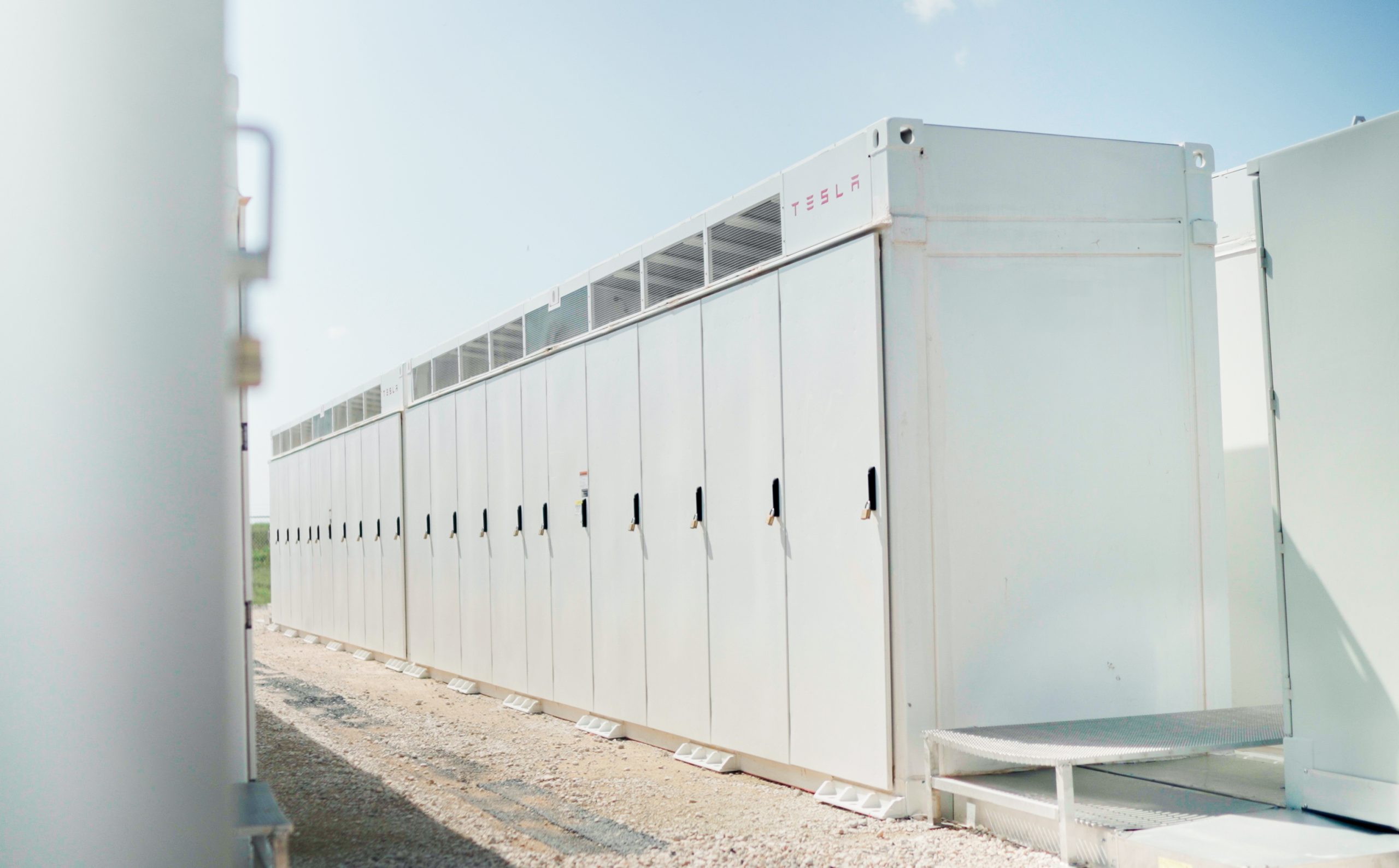
Tesla Megapack batteries will power the xAI Colossus supercomputer in Memphis to ensure power stability. The collaboration between Tesla and xAI highlights the synergy among Elon Musk’s ventures.
The artificial intelligence startup has integrated Tesla Megapacks to manage outages and demand surges, bolstering the facility’s reliability. The Greater Memphis Chamber announced that Colossus, recently connected to a new 150-megawatt electric substation, is completing its first construction phase. This transition addresses criticism from environmental justice groups over the initial use of natural gas turbines.
“The temporary natural gas turbines that were being used to power the Phase I GPUs prior to grid connection are now being demobilized and will be removed from the site over the next two months.
“About half of the operating turbines will remain operating to power Phase II GPUs of xAI until a second substation (#22) already in construction is completed and connected to the electric grid, which is planned for the Fall of 2025, at which time the remaining turbines will be relegated to a backup power role,” the Chamber stated.
xAI’s rapid development of Colossus reflects its ambition to advance AI capabilities, but the project has faced scrutiny for environmental impacts. The shift to Megapacks and grid power aims to mitigate these concerns while ensuring operational continuity.
The Megapack deployment underscores the collaboration among Musk’s companies, including Tesla, SpaceX, Neuralink, and The Boring Company. Tesla appears to be the common link between all of Musk’s companies. For example, The Boring Company built a tunnel in Giga, Texas. In addition, Musk has hinted at a potential collaboration between the Tesla Optimus Bot and Neuralink. And from January 2024 to February 2025, xAI invested $230 million in Megapacks, per a Tesla filing.
Tesla Energy reported a 156% year-over-year increase in Q1 2025, deploying 10.4 GWh of storage products, including Megapacks and Powerwalls. Tesla’s plans for a new Megapack factory in Waller County, Texas, which is expected to create 1,500 jobs in the area, further signal its commitment to scaling energy solutions.
As xAI leverages Tesla’s Megapacks to power Colossus, the integration showcases Musk’s interconnected business ecosystem. The supercomputer’s enhanced stability positions xAI to drive AI innovation, while Tesla’s energy solutions gain prominence, setting the stage for broader technological and economic impacts.
Energy
Tesla Energy celebrates one decade of sustainability
Tesla Energy has gone far since its early days, and it is now becoming a progressively bigger part of the company.
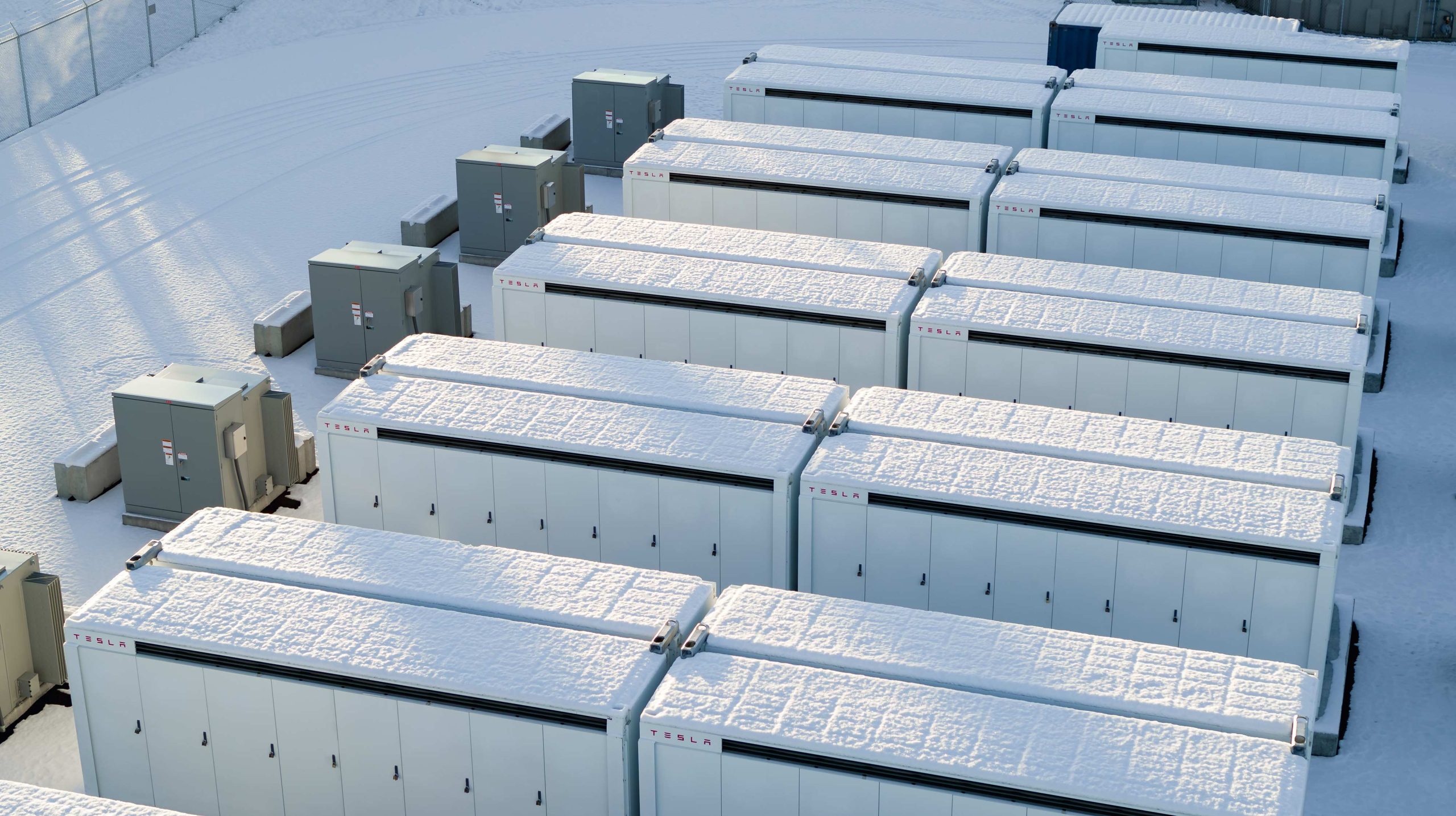
Tesla Energy recently celebrated its 10th anniversary with a dedicated video showcasing several of its milestones over the past decade.
Tesla Energy has gone far since its early days, and it is now becoming a progressively bigger part of the company.
Tesla Energy Early Days
When Elon Musk launched Tesla Energy in 2015, he noted that the business is a fundamental transformation of how the world works. To start, Tesla Energy offered the Powerwall, a 7 kWh/10 kWh home battery system, and the Powerpack, a grid-capable 100 kWh battery block that is designed for scalability. A few days after the products’ launch, Musk noted that Tesla had received 38,000 reservations for the Powerwall and 2,500 reservations for the Powerpack.
Tesla Energy’s beginnings would herald its quiet growth, with the company later announcing products like the Solar Roof tile, which is yet to be ramped, and the successor to the Powerwall, the 13.5 kWh Powerwall 2. In recent years, Tesla Energy also launched its Powerwall 3 home battery and the massive Megapack, a 3.9 MWh monster of a battery unit that has become the backbone for energy storage systems across the globe.
Key Milestones
As noted by Tesla Energy in its recent video, it has now established facilities that allow the company to manufacture 20,000 units of the Megapack every year, which should help grow the 23 GWh worth of Megapacks that have already been deployed globally.
The Powerwall remains a desirable home battery as well, with more than 850,000 units installed worldwide. These translate to 12 GWh of residential entry storage delivered to date. Just like the Megapack, Tesla is also ramping its production of the Powerwall, allowing the division to grow even more.
Tesla Energy’s Role
While Tesla Energy does not catch as much headlines as the company’s electric vehicle businesses, its contributions to the company’s bottom line have been growing. In the first quarter of 2025 alone, Tesla Energy deployed 10.4 GWh of energy storage products. Powerwall deployments also crossed 1 GWh in one quarter for the first time. As per Tesla in its Q1 2025 Update Letter, the gross margin for the Energy division has improved sequentially as well.
-

 Elon Musk2 days ago
Elon Musk2 days agoTesla investors will be shocked by Jim Cramer’s latest assessment
-

 News1 week ago
News1 week agoTesla Robotaxi’s biggest challenge seems to be this one thing
-

 Elon Musk2 weeks ago
Elon Musk2 weeks agoElon Musk slams Bloomberg’s shocking xAI cash burn claims
-

 News2 weeks ago
News2 weeks agoTexas lawmakers urge Tesla to delay Austin robotaxi launch to September
-

 Elon Musk1 week ago
Elon Musk1 week agoFirst Look at Tesla’s Robotaxi App: features, design, and more
-

 Elon Musk2 weeks ago
Elon Musk2 weeks agoTesla Robotaxis are becoming a common sight on Austin’s public roads
-

 Elon Musk2 weeks ago
Elon Musk2 weeks agoxAI’s Grok 3 partners with Oracle Cloud for corporate AI innovation
-

 Elon Musk2 weeks ago
Elon Musk2 weeks agoSpaceX President meets India Minister after Starlink approval

